At the start of a joint press briefing with European Commission President Ursula von der Leyen and European Council President Charles Michel, PM Orban joined them in condemning the recent “anti-Semitic riots” in Amsterdam on behalf of Hungary, as shared on his website.
The attack is unaccaptable for Hungarians, he declared. He highlighted that Budapest - where Europe’s largest synagogue and biggest Catholic cathedral stand “a stone’s throw apart” - serves as a meeting point for diverse cultures from east and west, north and south, which makes it “uniquely tolerant.”
This is why we live here, in Budapest, together in peace and security, and I wish the same for the people of Amsterdam,
– Mr. Orban said.
Regarding the EU summit, he prefaced by noting well-known political conflicts between Hungary and the European Commission and his own differences with Ms. von der Leyen. However, he emphasized that as a guest in Budapest, Ms. von der Leyen deserved a courteous welcome and respect, so there was no sharp debate between them, “in fact, no debate at all” during the council meeting.
We’ll fight our battles in Brussels,
– he added.
He declared that the main topic of the summit - competitiveness - garnered complete agreement, and the Hungarian presidency successfully achieved its goal of adopting a competitiveness pact.
Mr. Orban referred to the document as the “Budapest Declaration,” expressing gratitude to his own team, the Commission President, the President of the European Council, and to Mario Draghi, who compiled the competitiveness report.
The document puts competitiveness into the focus for the next five years and calls for immediate action, he said.
He underscored that, over the past two decades, the EU's growth has consistently lagged behind that of China and the United States. Europe's productivity grows slower than that of its competitors, and the EU’s share of global trade is shrinking, he added.
European companies pay three times more for electricity and four times more for natural gas than their competitors in the United States,
– Mr. Orban stressed.
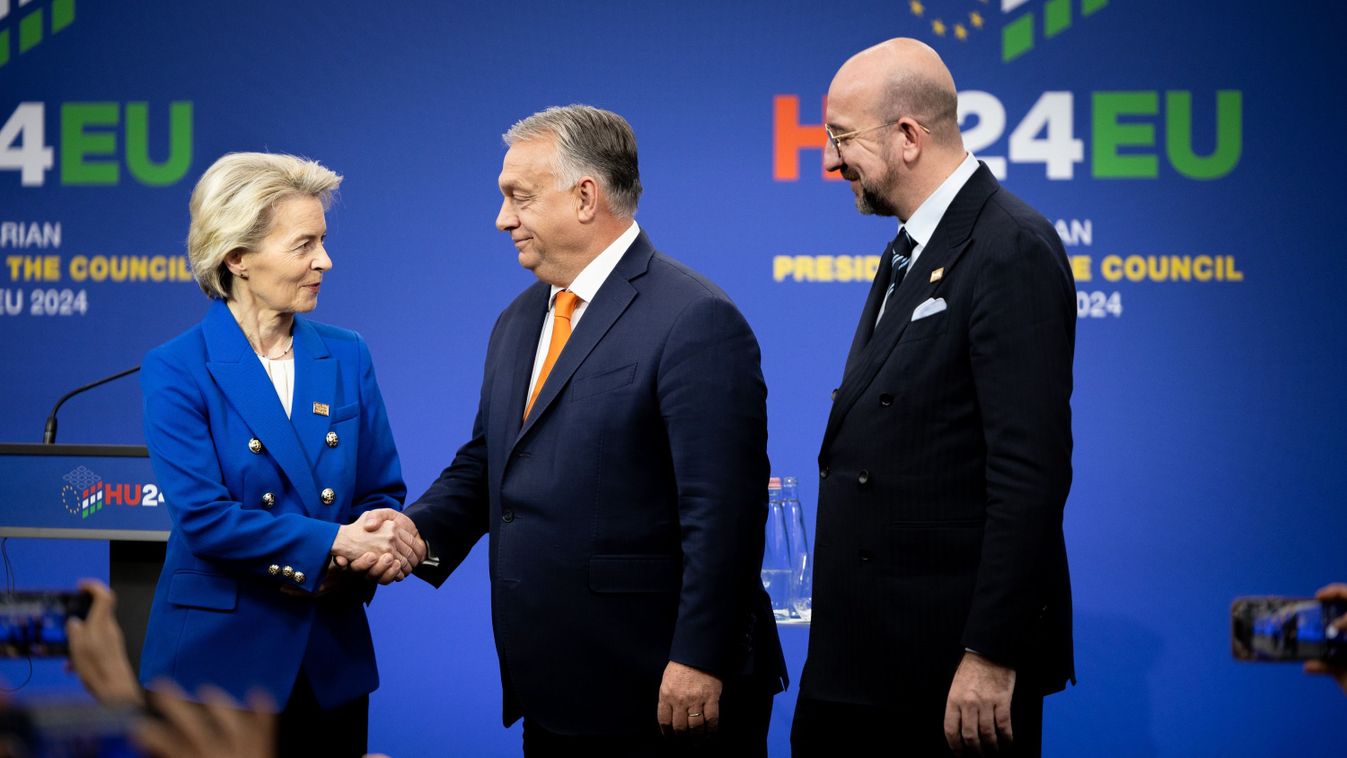





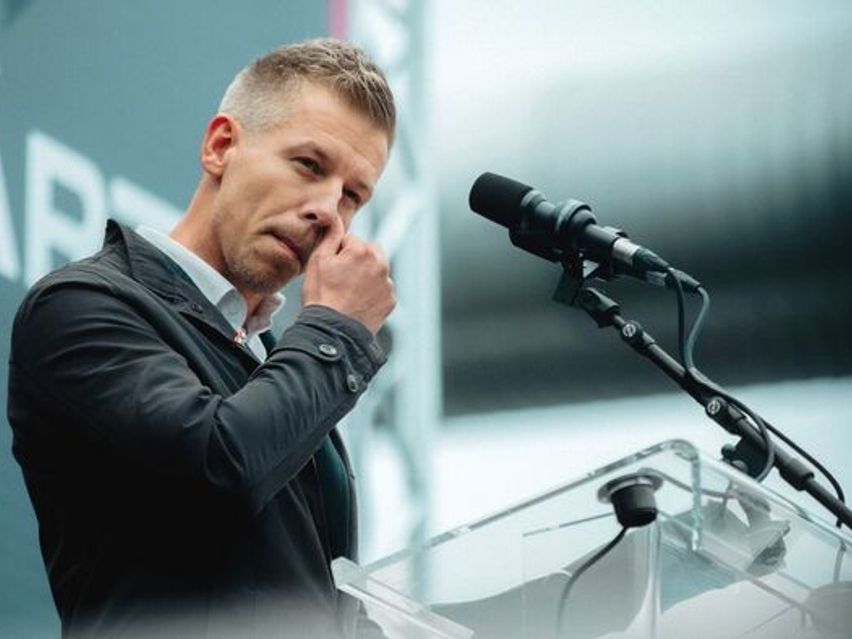
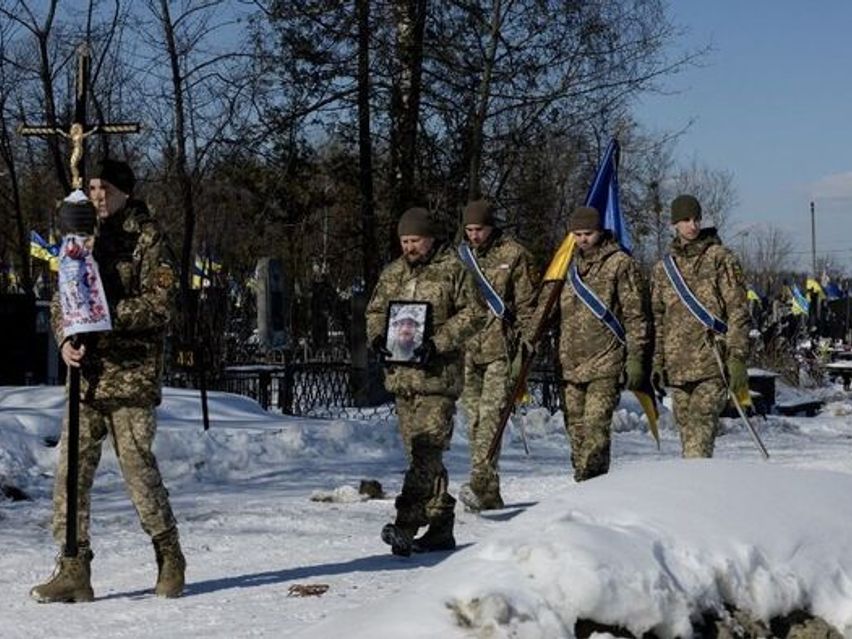
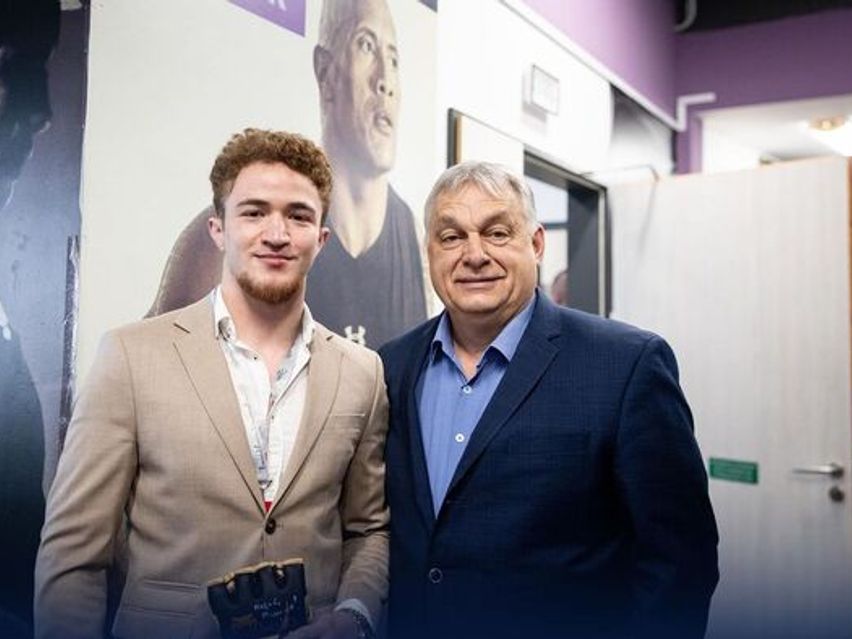
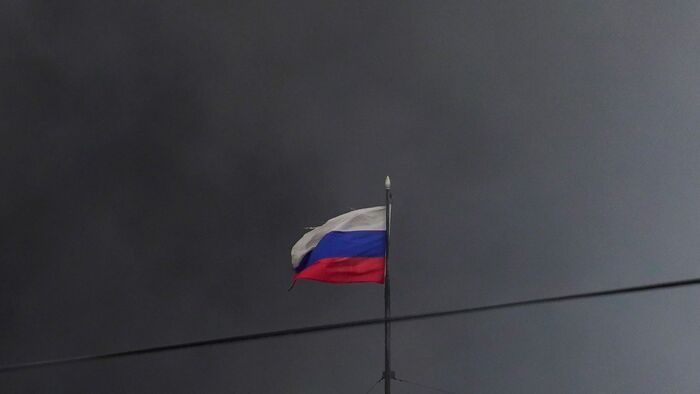


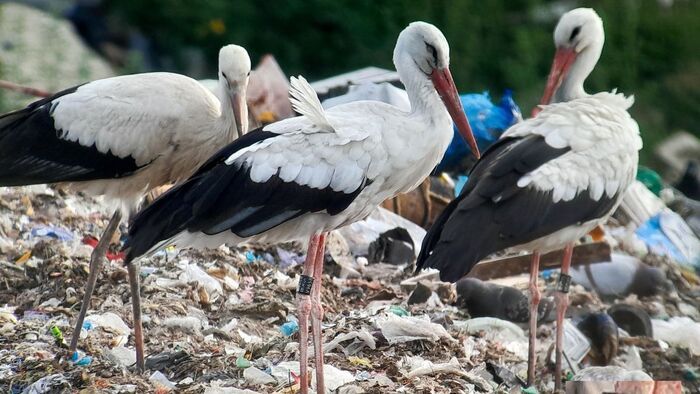

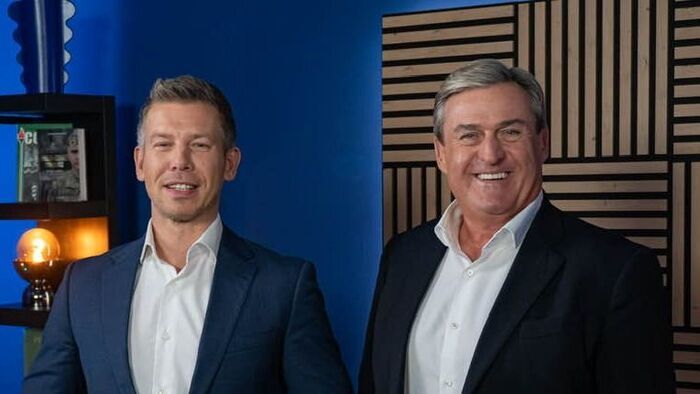
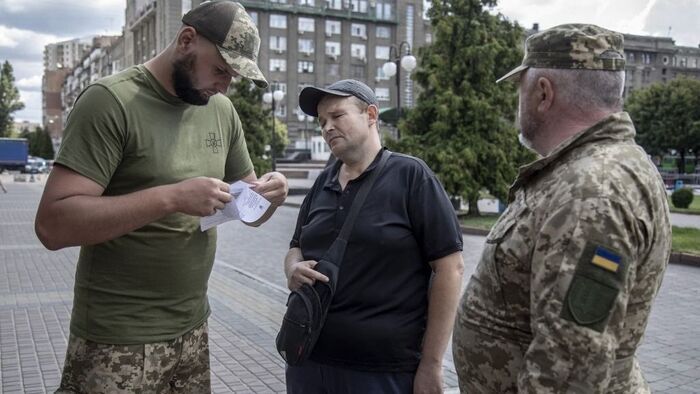
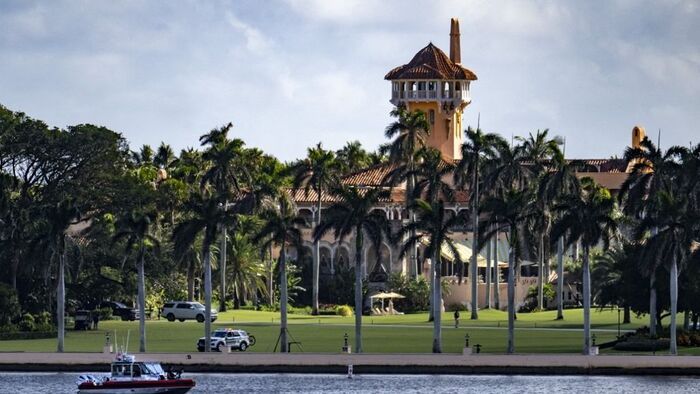
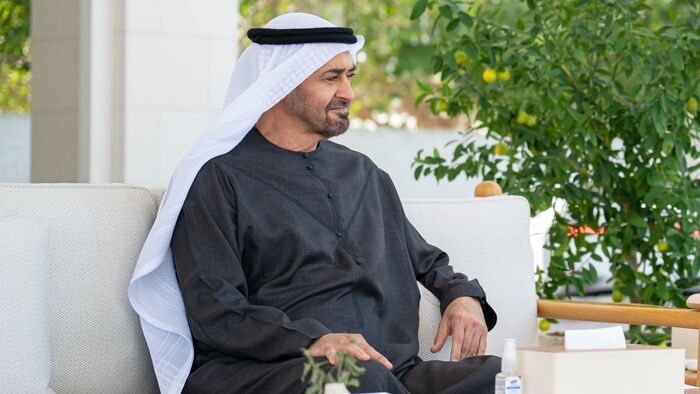

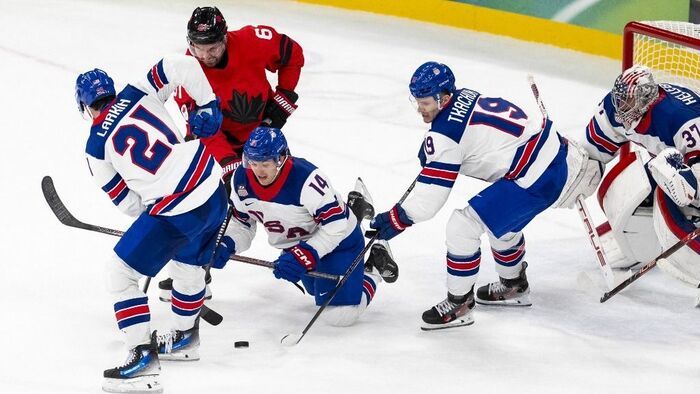

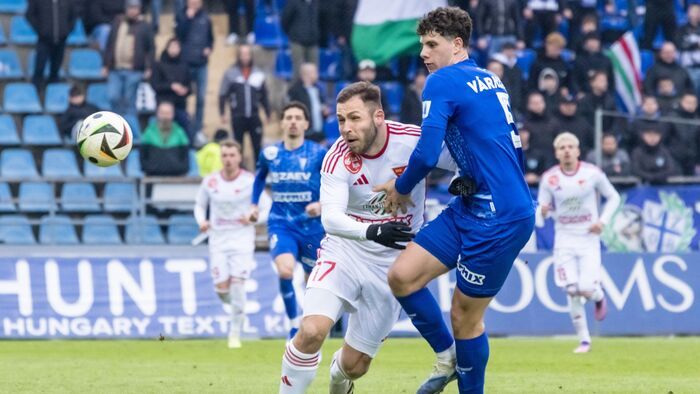

Szóljon hozzá!
Jelenleg csak a hozzászólások egy kis részét látja. Hozzászóláshoz és a további kommentek megtekintéséhez lépjen be, vagy regisztráljon!